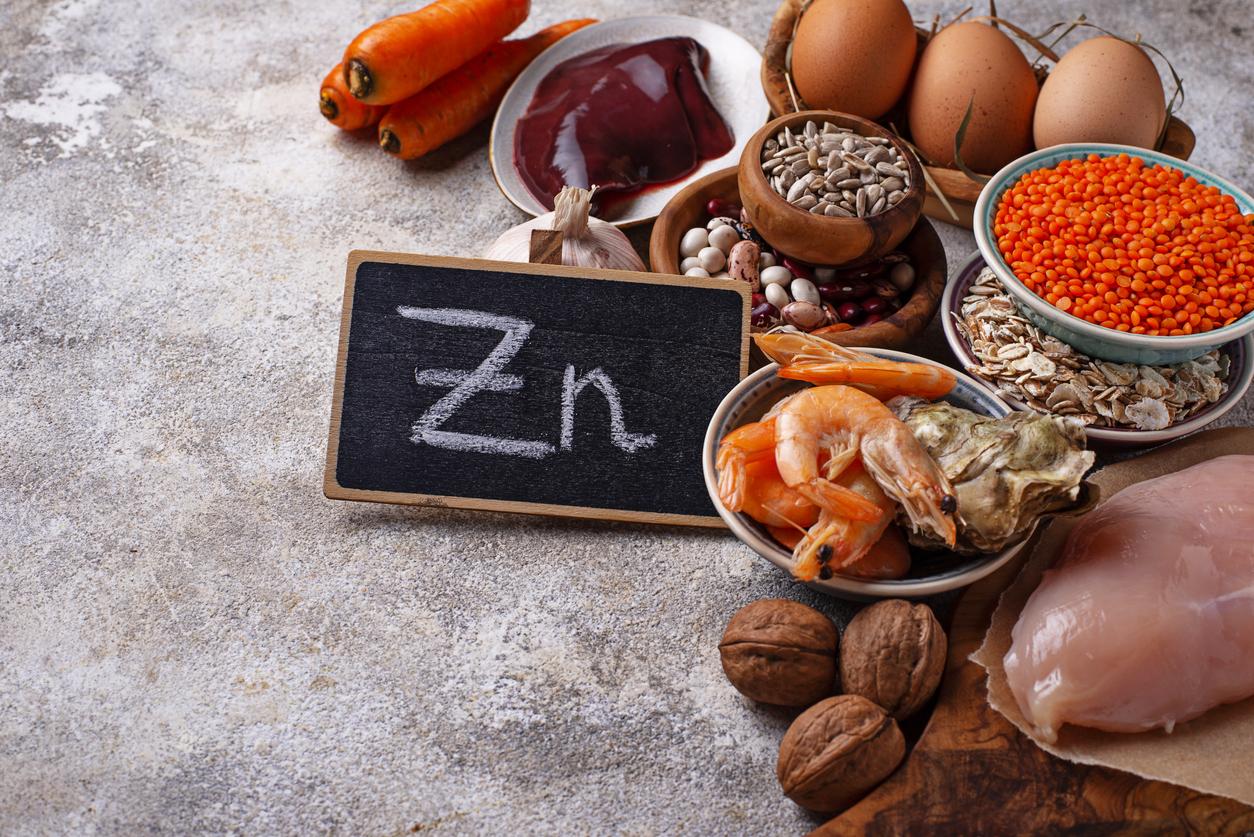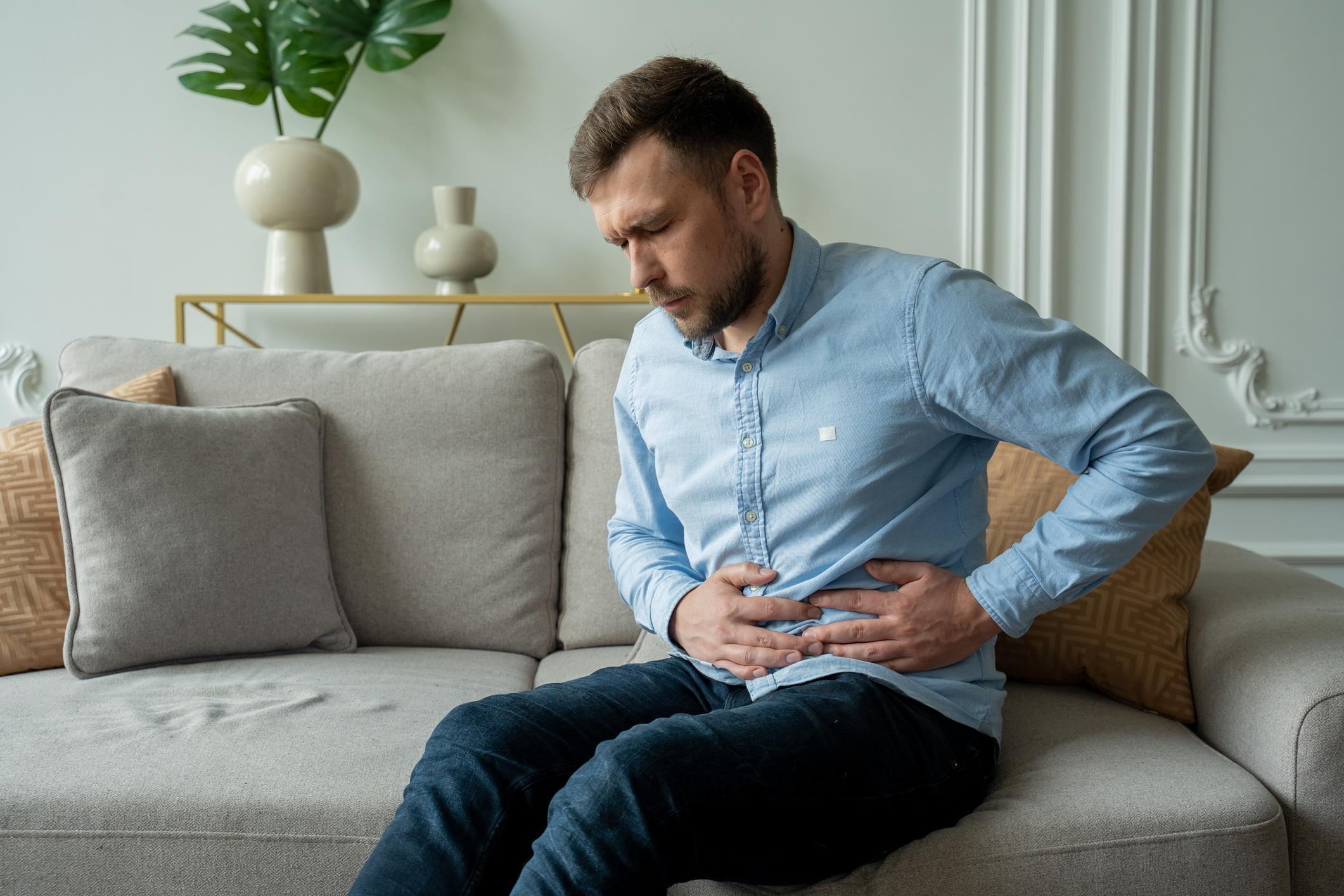The Vitamin E is essential for the body, because it has a strong antioxidant power (which protects cells and limits premature aging). This substance is mainly found in food, and it is soluble in fat.
A vitamin E deficiency is a pathology that is found mainly in developing countries, and it is rather rare in developed countries. It therefore concerns rather premature babies and certain adults suffering from specific pathologies.
The causes of a lack of vitamin E
The primary source of this insufficiency is a diet very low in fat. In effect, them vegetal oils are the first source of this vitaminalso better absorbed thanks to lipids.
In addition, certain genetic diseases or certain chronic diseases of the intestine can favor this deficiency. This concerns pathologies such as cystic fibrosis, pancreatitis, Crohn’s disease or certain disorders of the gallbladder and liver.
The consequences of vitamin E deficiency
A significant shortage can lead to muscle disorderswhich then make movements difficult, as well as visual disturbances.
This deficiency can also cause hemolytic anemia, which is relatively rare, caused by the destruction of red blood cells.
Treatments for vitamin E deficiency
This deficiency can be treated with special supplementation. The premature babies also receive a supply of vitamin E, in order to prevent potential anemia. It is not given to babies born at term, as breast milk and infant formula provide them with enough.
A diet rich in vitamin E may also be advised. Products such as nuts and seeds, vegetable oils (especially those with olive and sunflower), eggs, green leafy vegetables, kiwis or even mangoes are good sources.
In any case, it is not recommended to take self-medication vitamin E supplements. Indeed, this substance has anticoagulant propertiesand it is also not recommended for people who have a digestive ulcer or who have suffered a stroke.
In case of problems, it is advisable to consult your doctor who will carry out the necessary examinations. He will recommend, if necessary, food supplements and an adapted diet.
This slideshow presents 7 characteristic signs of vitamin E deficiency. However, this deficiency remains relatively rare.
Sources:
- What are the symptoms of low vitamin ECathleen Chrichton-Stuart, Judith Marcin (medical review), Medical News Today, 2018-05-14.
- Food supplement: Vitamin EVidal
- Vitamin E deficiencyLarry E. Johnson, The MDS Handbook, 11/2020
Read also:
- 9 signs of vitamin C deficiency
- 10 symptoms that show you have anemia
- 9 signs of a calcium deficiency
























